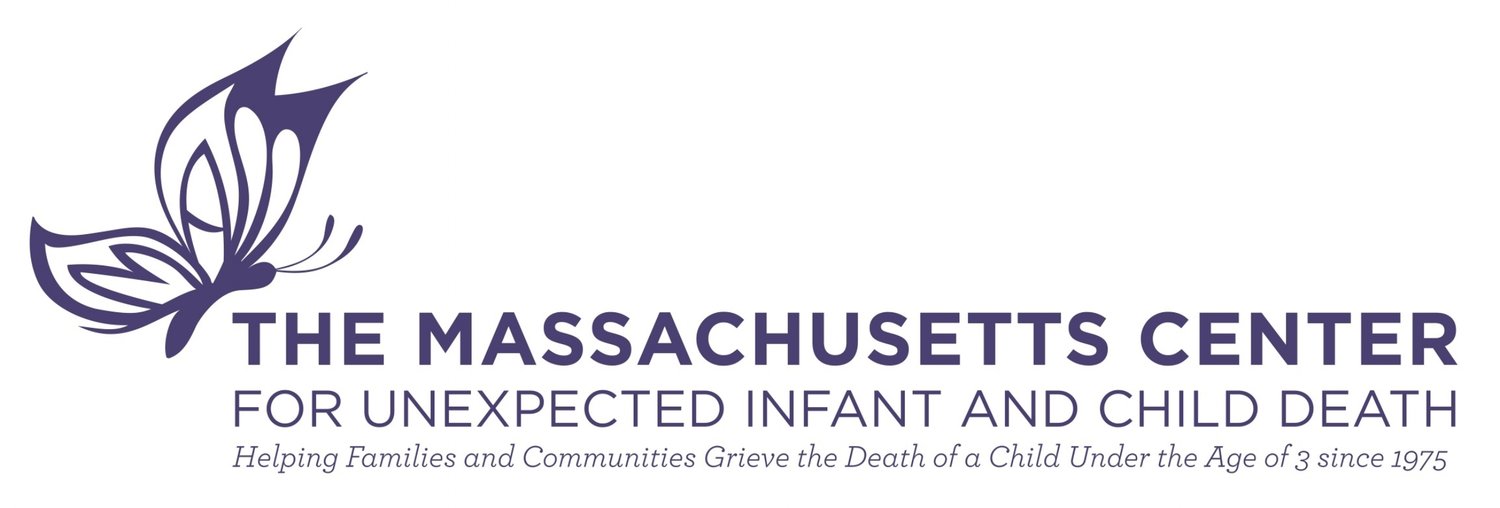It is important to consider the developmental level of your child when explaining the death to him/her. Below are guidelines to help you understand where to begin.
Ages 2-6
Very young children may be more fussy or clingy, have changes in their eating or sleeping habits, and may fear going to sleep at night. At this age, they respond best to lots of physical comforting from you or another adult they know well.
Children are able to understand words before they can speak them well. So simple explanations can be given to preschoolers. They are least likely to understand death and may think it’s temporary or reversible – that the baby will be coming back. They may also worry about the baby being buried.
Very young children often believe that their wishes or thoughts could have caused the baby to die. They may now remember all the times they felt selfish or jealous of the baby. Other events adults would not connect with the death make perfect sense to them. Having been told to always dress warmly before going outside, for example, they may think their mother forgot to do this and the baby got sick. The power of this “magical thinking” makes it important to use clear, simple explanations.
A real fear for children this age is that they might die, too, or that their parents will. You might want to reassure them that sometimes a baby stops growing before it is ready to be born. Or, that sometimes little babies’ bodies stop working. But that this is not going to happen to them, or to you. You may find yourself answering the same questions about the baby’s death several times. Preschoolers learn by repeating things over and over again.
Ages 6-9
School-age children usually understand that death is forever, so it may be more frightening for them. They may wish to avoid places or things they associate with someone who has died, such as the baby’s room. Death may seem like an enemy that they can try to avoid or beat.
Children of this age may still develop theories that are not based on fact about why the baby died. And because conscience develops at this age, they may feel responsible. Your children are also better able to sympathize with you, now. But because they are so young, they may misjudge what they think you need They may not talk about the baby or their own feelings for fear it would make you sad. This protective burden can feel overwhelming to a young child.
Ages 10-12
Some false ideas about why death happens, and feelings of responsibility, still linger in this age range. Older children may reflect more on how death of the baby will affect the family as well as them personally. They may have strong ideas about memorial rituals for the baby. These children may be critical of the way family and friends react to your baby’s death. However, they can also be very sensitive to others’ needs.
Teens
Your teenager will most likely be capable of an adult understanding of death. But because they are very new to adult behavior, they may be unsure of how to respond to the death of the baby. Adolescents may also be more interested in the biological details of the baby’s death and may have very strong feelings about the unfairness of death. It is normal for children to grow apart from you at this age. They may not have peers who have experienced this type of grief. It would be most helpful if someone listened to them rather than offered solutions.
